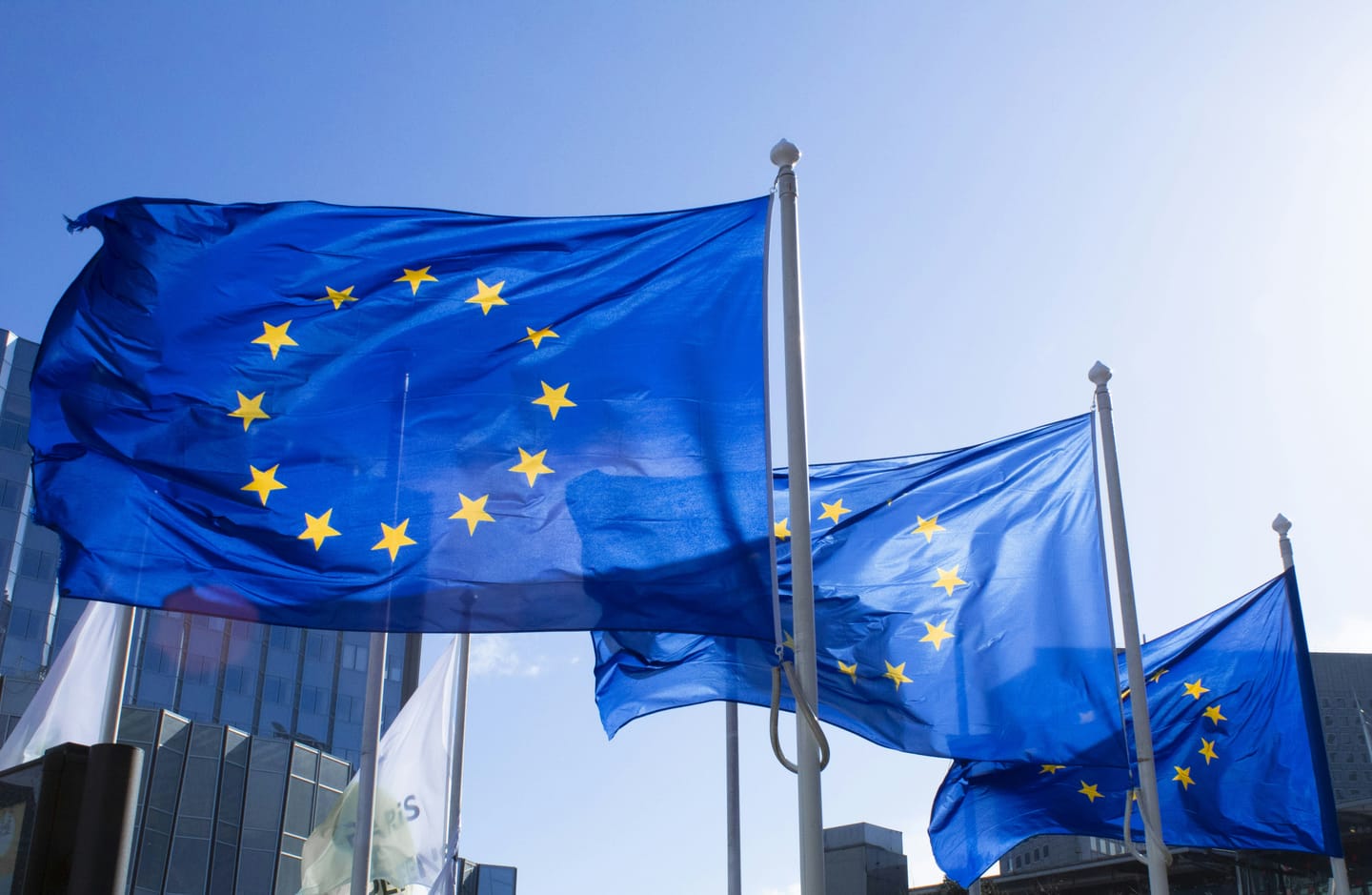Anthropic CEO Claims AI Hallucinates Less Than Humans Despite Safety Concerns
Anthropic CEO Dario Amodei stated on 22 May at the Code with Claude developer event in San Francisco that today's AI models hallucinate less than humans, though he emphasised that AI makes mistakes in more surprising ways. Amodei argued that these issues do not block the path to













